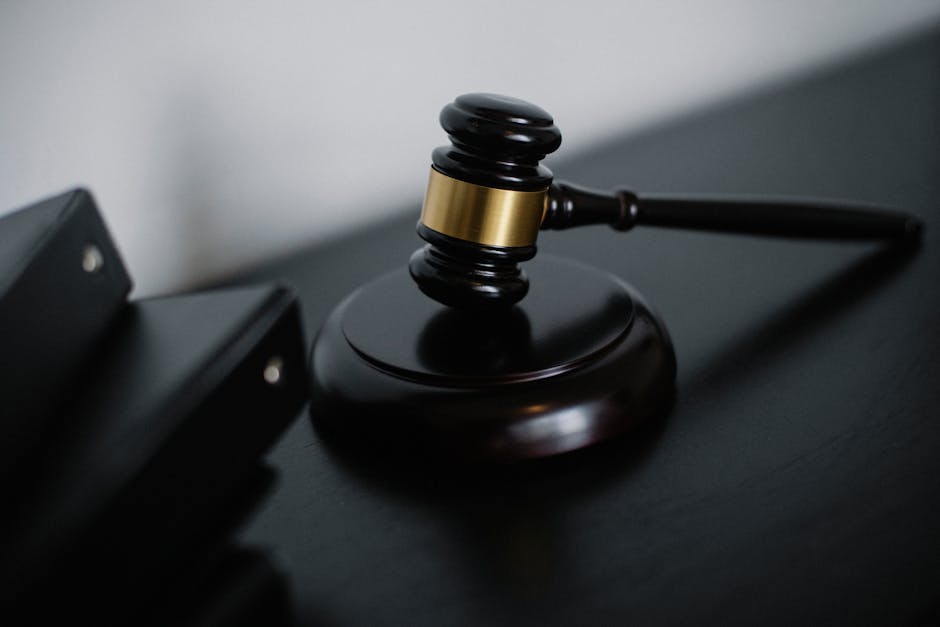AIADMK Leader Palaniswami Condemns Blocking of Tamil News Channel
In a strong statement, AIADMK General Secretary Edappadi K. Palaniswami has criticized the state-run Arasu Cable Television Corporation for allegedly blocking the telecast of a prominent Tamil news channel. Palaniswami described the move as an attack on press freedom and democratic values, sparking widespread debate in Tamil Nadu.
The Controversy Unfolds
The dispute began when reports surfaced that Arasu Cable Network, a government-owned entity, had stopped airing a Tamil news channel known for its critical coverage of the ruling DMK government. While the channel’s management called it an attempt to silence dissent, Arasu Cable officials claimed the decision was technical, not political.
Palaniswami dismissed these claims, accusing the DMK government of suppressing media scrutiny. “Blocking a channel that questions the government is a blatant violation of press freedom. It’s an attempt to control the narrative,” he stated.
Allegations of Authoritarianism
The AIADMK leader criticized the DMK for allegedly abandoning its democratic principles. “The DMK, which once championed media freedom, is now using authoritarian tactics to silence criticism. This undermines a free society,” Palaniswami added.
Media Watchdogs Raise Concerns
The incident has reignited fears about shrinking space for independent journalism in Tamil Nadu. Media watchdogs and civil rights activists are demanding transparency from Arasu Cable. “Any attempt to curtail media freedom must be challenged. The public deserves diverse perspectives,” said a Tamil Nadu Journalists’ Association spokesperson.
DMK Denies Involvement
The DMK government has denied any role in the decision. State Information Minister M.P. Saminathan stated that Arasu Cable operates independently and that the move was based on operational concerns. “Allegations of political interference are baseless,” he said.
Opposition Parties Rally Behind the Channel
The controversy has drawn criticism from opposition parties, including the BJP. BJP state president K. Annamalai accused the DMK of suppressing freedom of expression. “If one voice is silenced today, all voices can be silenced tomorrow,” he warned.
Debate on State-Run Media
The incident has sparked a broader debate on the role of state-run media in a democracy. Critics argue that entities like Arasu Cable should remain neutral and provide equal access to all media outlets. “Publicly funded media must serve the public, not those in power,” said a media analyst.
What’s Next?
As the controversy unfolds, attention is focused on the Tamil Nadu government’s response. Will it provide a credible explanation, or will allegations of media suppression grow? The incident highlights the fragile state of press freedom in Tamil Nadu and the need for accountability in state-run media.
Palaniswami has called for a united stand against the DMK’s actions. “The people of Tamil Nadu will not tolerate attempts to muzzle the media. We will fight to protect our democratic rights,” he declared.
The battle for media freedom in Tamil Nadu continues, with the outcome likely to shape the future of press independence in the state.




